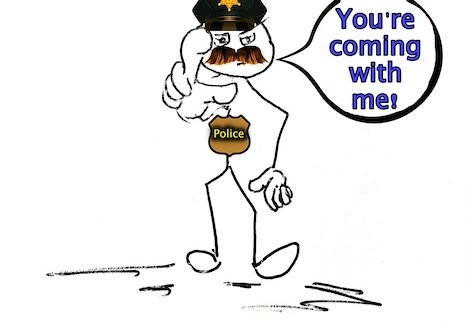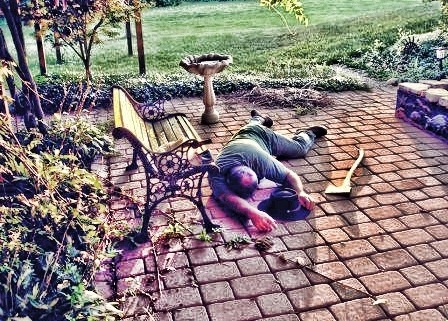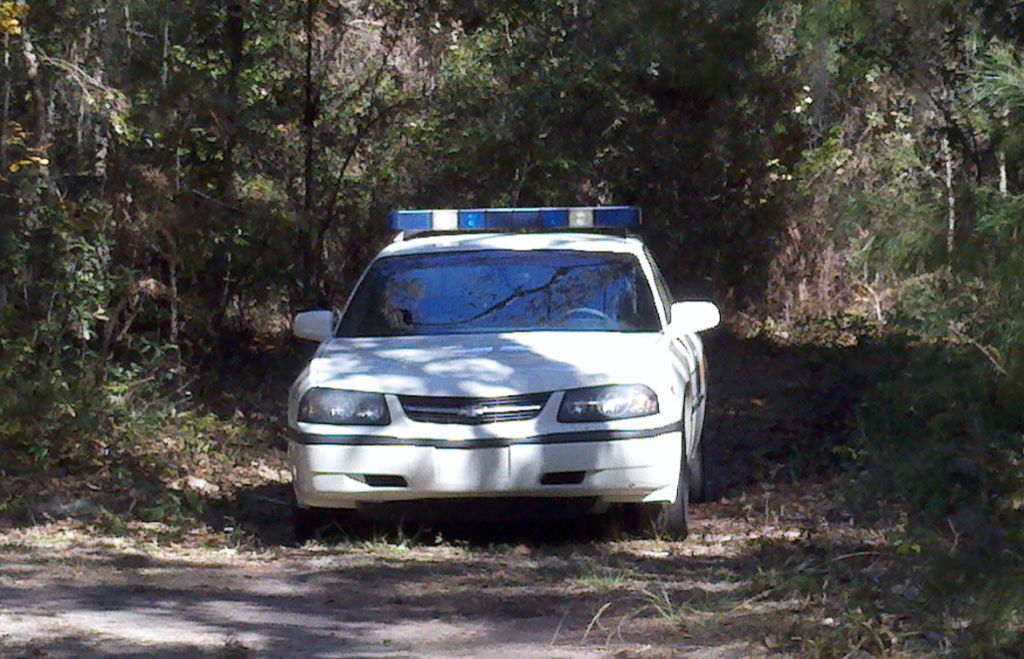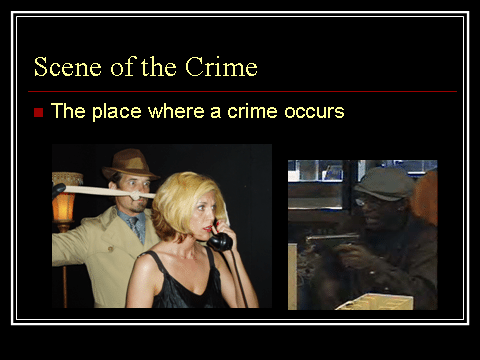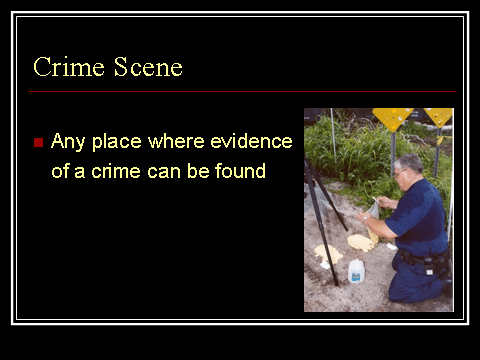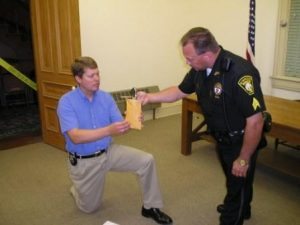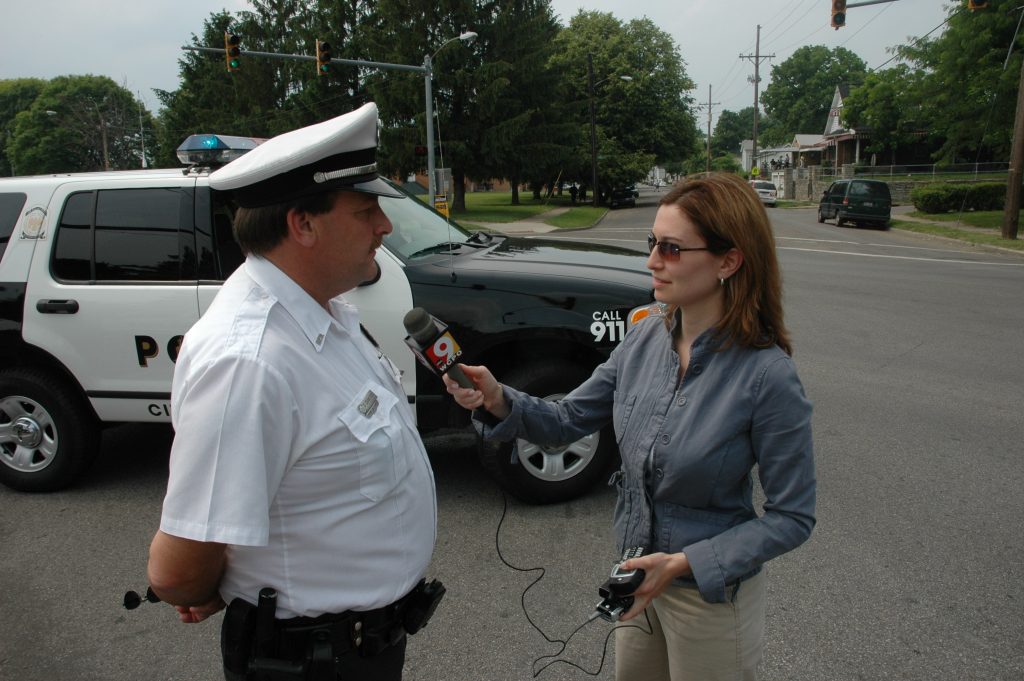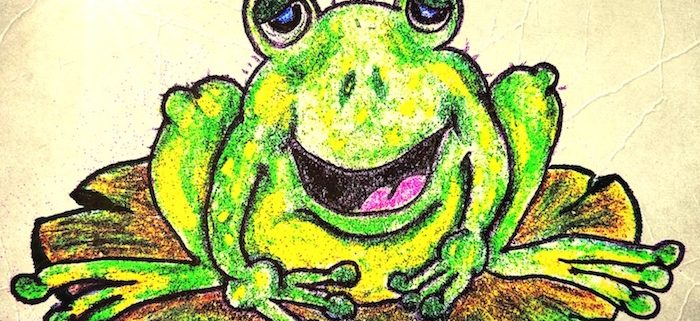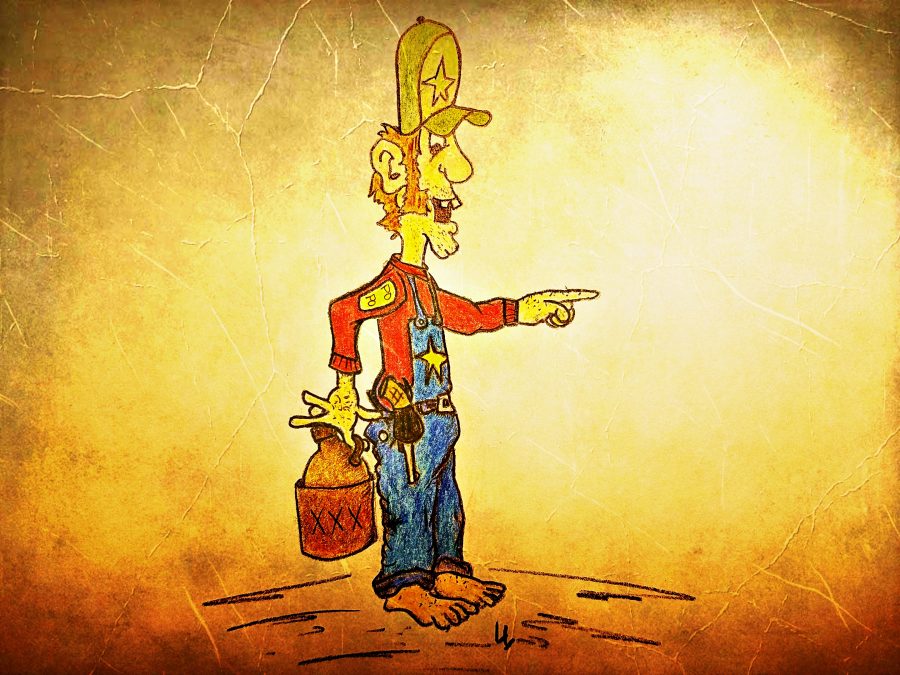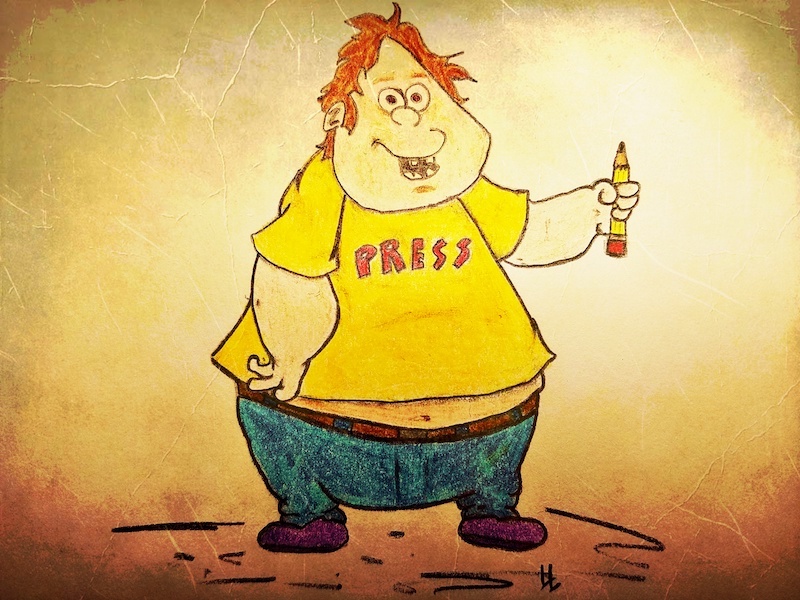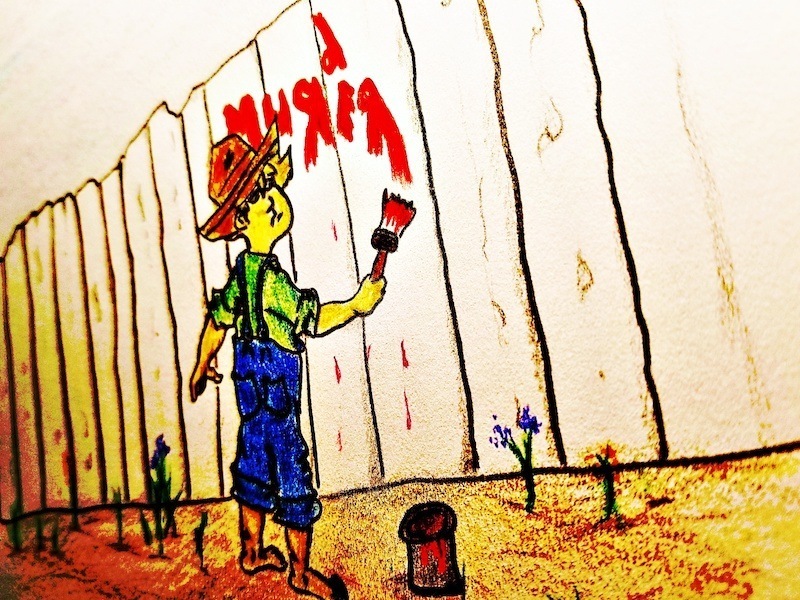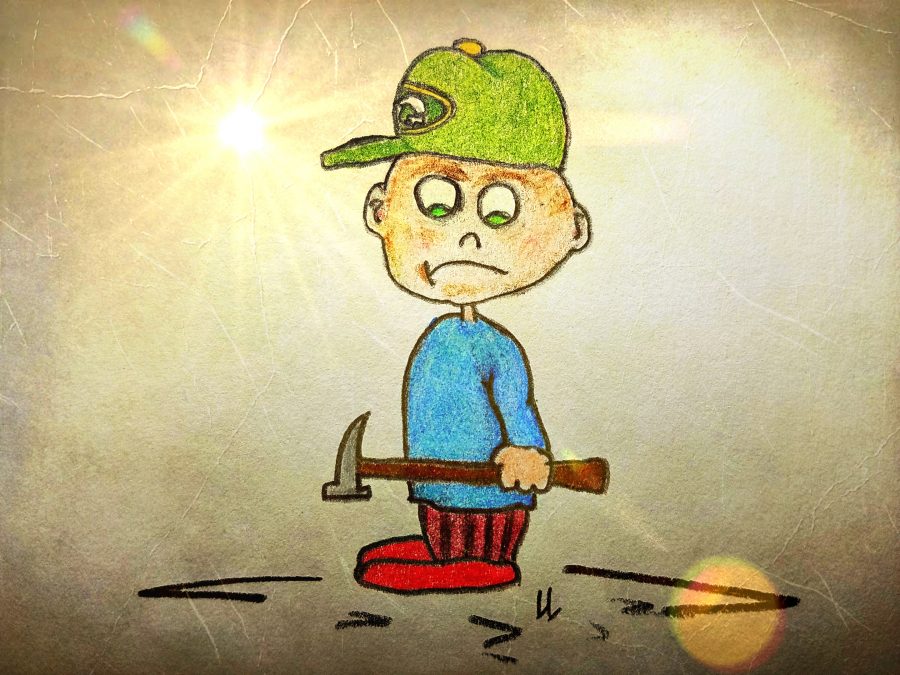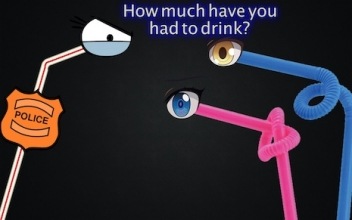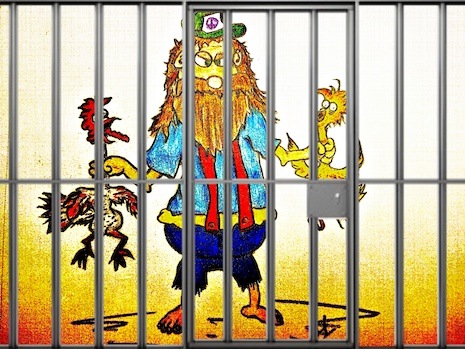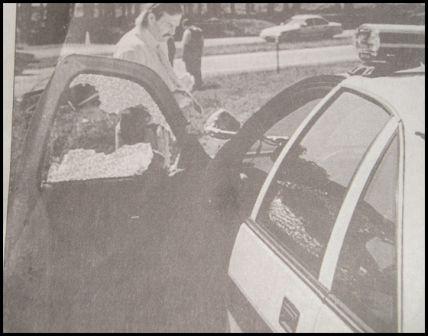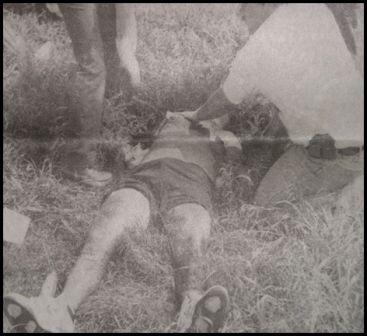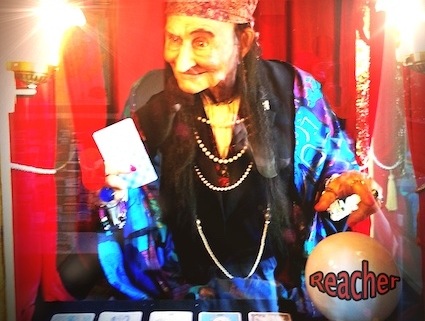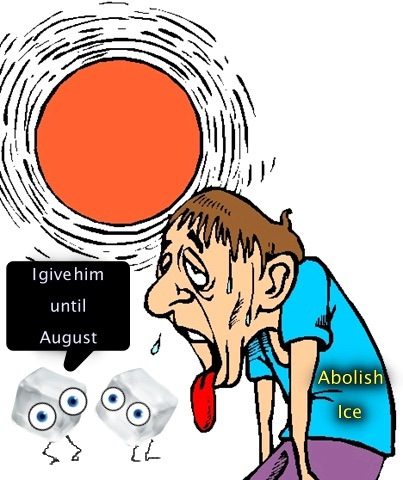I’ve never been one to back down from a challenge. Actually, I’ve rarely shunned any sort of obstacle, including wading into a group of angry armed men to arrest one of their group.
I like other officers, have tackled the biggest and the baddest, the meanest and the ugliest, and I, like many of my peers, received plenty of bumps, bruises, cuts, scrapes, and other injuries as a result of arresting those behemoths.
It’s all part of the job. It’s what cops do.
But there was one guy who caused me to stop dead in my tracks to rethink what I was getting into when or IF (and this was a big IF for a few seconds) I attempted to handcuff him.
The offender, a quite large man who weighed somewhere in the neighborhood of three-fifty and towered above me at height of … oh six-six, or so.
He was a real badass.
Built like a bodybuilder and as tough as the soles of a circus sideshow fire-walker’s feet.
He was mean, nasty, and he hated cops.
He was this guy … well, at the time this is how he appeared to me.
 Still, his massive size, bloodthirsty demeanor, and bulging muscles weren’t an issue. I’d tackled men, and women, who were bigger, and nastier.
Still, his massive size, bloodthirsty demeanor, and bulging muscles weren’t an issue. I’d tackled men, and women, who were bigger, and nastier.
The fact that he’d backed himself into a corner and was begging me, using both hands to motion for me to come closer, was slightly intimidating. But not the sole act that slowed my approach.
Drool dribbled down his chin. His eyes had that look of “I’ve bitten the heads off of live cobras and giant scorpions.”
Still not enough to stop me.
He growled, like a crazed and rabid beast.
Nope. Still had to go to jail.
He flipped over a large piece of furniture like it was no more than child’s toy.
No, not enough to make me back down.
Actually, none of these aggressive acts of strength, defiance, and animalistic behavior were what stopped me in my tracks.
The thing that held my feet to the floor was the fact that this mountain of a man, the crazy killer of his brother, was totally and completely naked, and he’d covered his shaved body in cooking oil. He was as slick as eel snot, and his skin glistened like the top of a freshly buttered dinner roll.
My first thought, I kid you not, was, “Where and what do I grab?”
Typically, cops have the luxury of grasping and holding on to clothing when tussling with unruly suspects. Clothing is also a welcome barrier between the officer and the offender. There is no touching of nude body parts. No accidental brushes against things no one one other than an intimidate partner should ever “brush.”
And Heaven forbid a tussle end up on the floor with you and the suspect scuffling like two angry pit bulls. Because, well, when a man’s trying to escape he’ll do anything and everything to get away—he wiggles and writhes and jiggles and twists and shimmies and squirms. And it is this frantic series of movements that sometimes causes his upper body to wind up at the officer’s knees and, obviously, the lower half of his torso “ends up” squarely at the poor cop’s face. Neither a front or rear-facing suspect in this situation are a good thing, especially when the waggling and squirming guy is wearing his sweaty, stinky, and often extremely hairy birthday suit.
But back to my suspect. There he was, a huge, slimy, angry man who, while frothing at the mouth and for some ungodly reason, wanted to engage me in some sort of bizarre battle.
Well, I had two options … let him go or bring him in. And, since cops don’t let criminals go, it was on!
 I lit into that guy like there was no tomorrow. I grabbed and pulled and pushed and tugged and tried to hold on to an arm and/or a hand long enough to snap a cuff in place. But I simply could not maintain a form grasp. His flesh squirted from my hands like a greased pig at a county fair. Unfortunately, my uniform was easy to grab and pull, meaning I was on the receiving end of more than I was able to dish out and he was doling out real pain.
I lit into that guy like there was no tomorrow. I grabbed and pulled and pushed and tugged and tried to hold on to an arm and/or a hand long enough to snap a cuff in place. But I simply could not maintain a form grasp. His flesh squirted from my hands like a greased pig at a county fair. Unfortunately, my uniform was easy to grab and pull, meaning I was on the receiving end of more than I was able to dish out and he was doling out real pain.
Therefore, after a few punches to my head and being slammed to the floor and against the walls, I’d had enough. Besides, I despise bleeding. So I did what any desperate person would do in this situation—I grabbed his one appendage (and its accomplices) the one body part that sat there mindlessly, without fingers or toes or other useful purpose at the time, and I pulled hard, really hard. Picture a landscaper whose trying with all his might to uproot a stubborn garden weed.
Needless to say, the big ox surrendered immediately. So I cuffed him, covered him with a blanket I kept in the trunk of my car, and hauled his big, nasty self to jail.
Then I went home to take a long, hot, cleansing shower and put on a fresh uniform. And I washed my hands for a really long time.
In fact, I have an extremely compelling urge to wash my hands right now.
Yuck!

